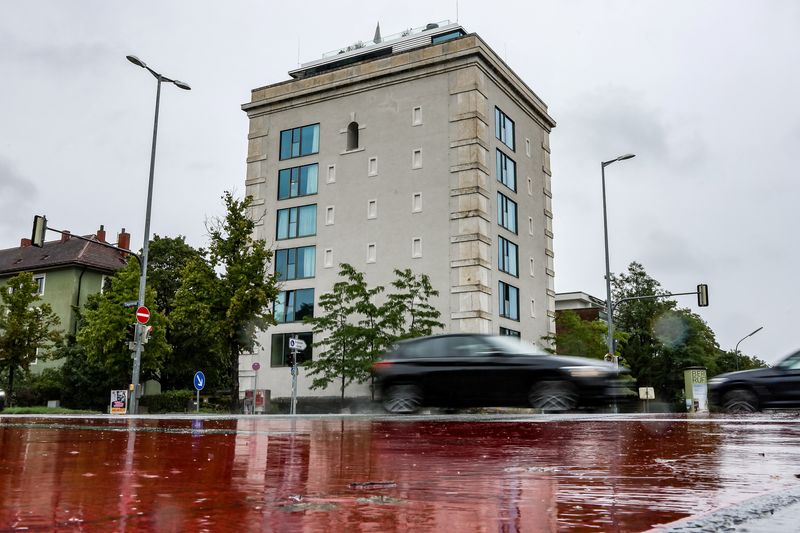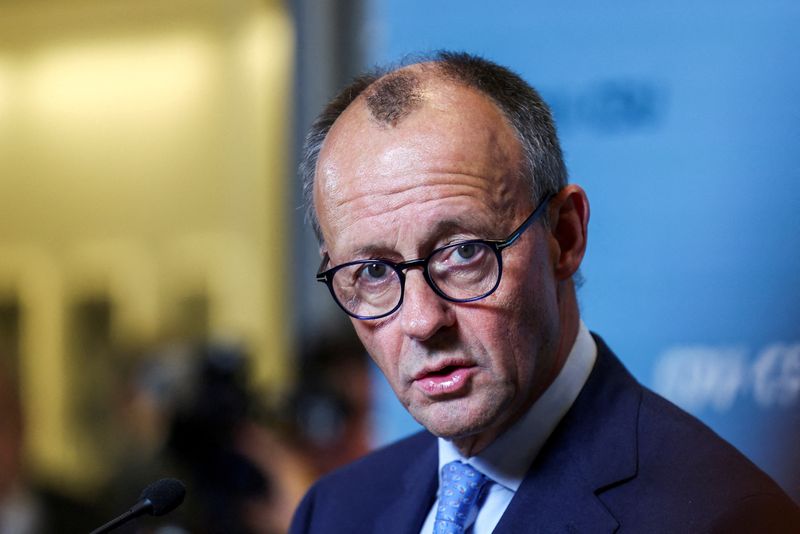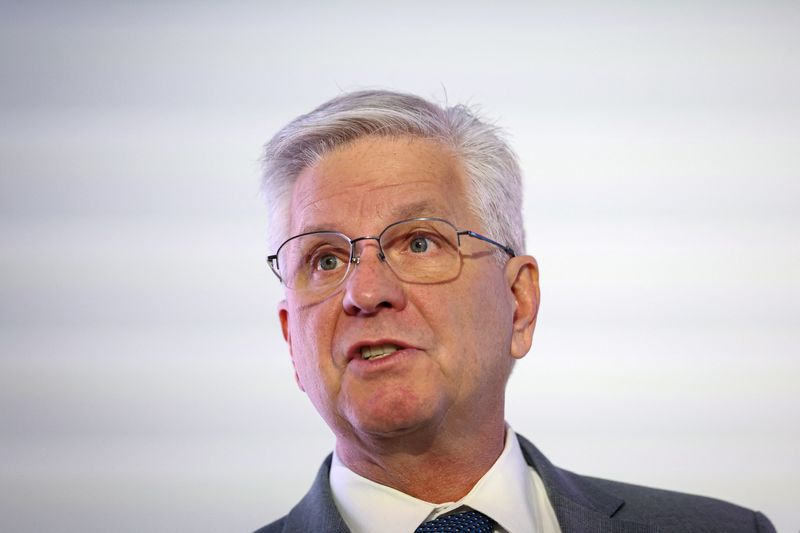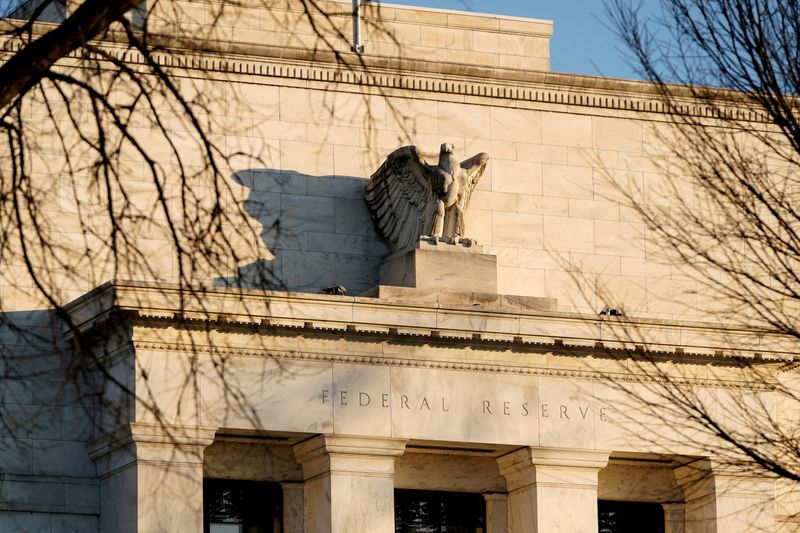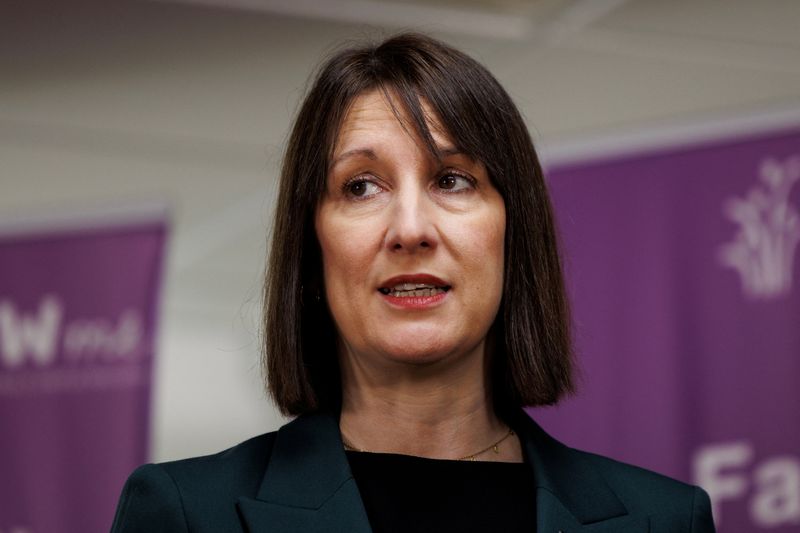LONDON (Reuters) – Britons started new businesses last year at the slowest rate since 2010, a potential warning sign for longer-term economic growth and productivity, according to official data published on Monday.
The number of new businesses started in the United Kingdom (TADAWUL:4280) fell to 316,000 in 2023 from 337,000 in 2022, the Office for National Statistics said.
This reduced the ‘business birth rate’ – the number of new businesses started as a percentage of the total number trading – from 11.5% to 11.0%, the lowest since 2010.
Fewer businesses closed too, with 309,000 shutting their doors in 2023, down from 349,000 in 2022, lowering the ‘business death rate’ to 10.8% from 11.9%, the lowest since 2020.
Many economists view falling rates of business creation and destruction as bad for productivity growth and long-term improvements in living standards, as older businesses often find it harder to adopt better business models or new technology.
Last week the ONS provisionally estimated that Britons’ output per hour worked during the third quarter of this year was 1.8% lower than a year earlier and had risen just 2.0% in over four years since the start of the COVID-19 pandemic. These figures are likely to be revised with new population estimates.
The new Labour government has said it wants Britain to achieve the fastest per-head growth in output among the world’s seven largest advanced economies.
One bright spot in Monday’s data was an increase in ‘high growth’ employers – businesses with at least 10 staff who had increased staff numbers by 20% a year for three years.

The proportion of businesses in this category rose to a five-year high of 4.7% in 2023 from 3.9%.
Most business startups outside hospitality have just a single employee and productivity benefits generally only come when startups grow.


